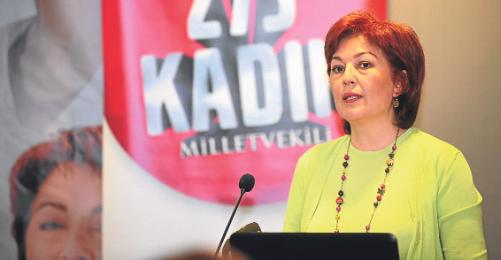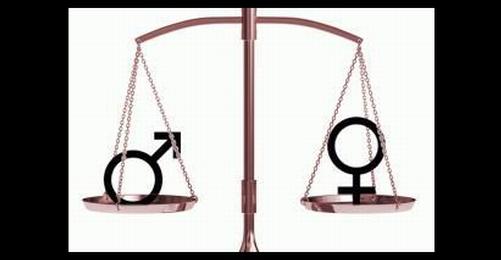"Unless the U.N. makes a resolution that legitimizes an intervention in Iraq, Turkey can neither send troops to Iraq, nor can it allow United States (U.S.) combat troops base in Turkey," said Uskul, who answered Bianet's questions.
"If the Turkish parliament is going to grant such an approval, there needs to be a U.N. resolution," he said. "Or a U.N. resolution should be set as the condition an approval," he added. Uskul stated that Turkey should not allow the U.S. troops in the country as a "precaution" before a U.N. resolution.
"U.N. resolution is a must"
Uskul said the parliament would have acted against the consitution if it granted certain approvals before a U.N. resolution.
He continued:
* Article 92 of the constitution states that a parliamentary vote is necessary for allowing foreign troops into Turkey, or sending Turkish troops to another country. But there is a condition for this. For such an approval, an internationally recognized legitimacy is essential.
* If the Turkish parliament is going to grant such an approval, there needs to be a U.N. resolution. Or a U.N. resolution should be set as the condition an approval.
* If the parliament grants an approval with a condition, the U.N. resolution
is necessary so that the approval can be put into action. In other words,
Turkey cannot allow foreign troops into the country as a "precaution" unless
there is a U.N. resolution.
"It is impossible to annul the decision"
* Or else, the Turkish parliament will have made a decision that violates the constitution. However, if the parliament makes such a decision before a U.N. resolution, it would be impossible for the Constitution Court to review the parliament's decision. So, the parliament's decision will be against the constitution, but it would also be impossible to annul it.
* The sanction of such a violation of constitution can only be political. Almost 80 to 90 percent of the Turkish public is against an Iraq war. The people would punish a parliament that disregards the public's view and makes a decision that is against the constitution. This punishment could go into effect either during the next elections or the people could insist that the current government steps down.
* The government seems to be stuck in a very difficult position. On the one hand, it is aware that a U.N. resolution is necessary. On the other hand, it is under pressure from the U.S. However, no matter what, there is a constitution that binds the government and the parliament. (NK/EA/NM)









